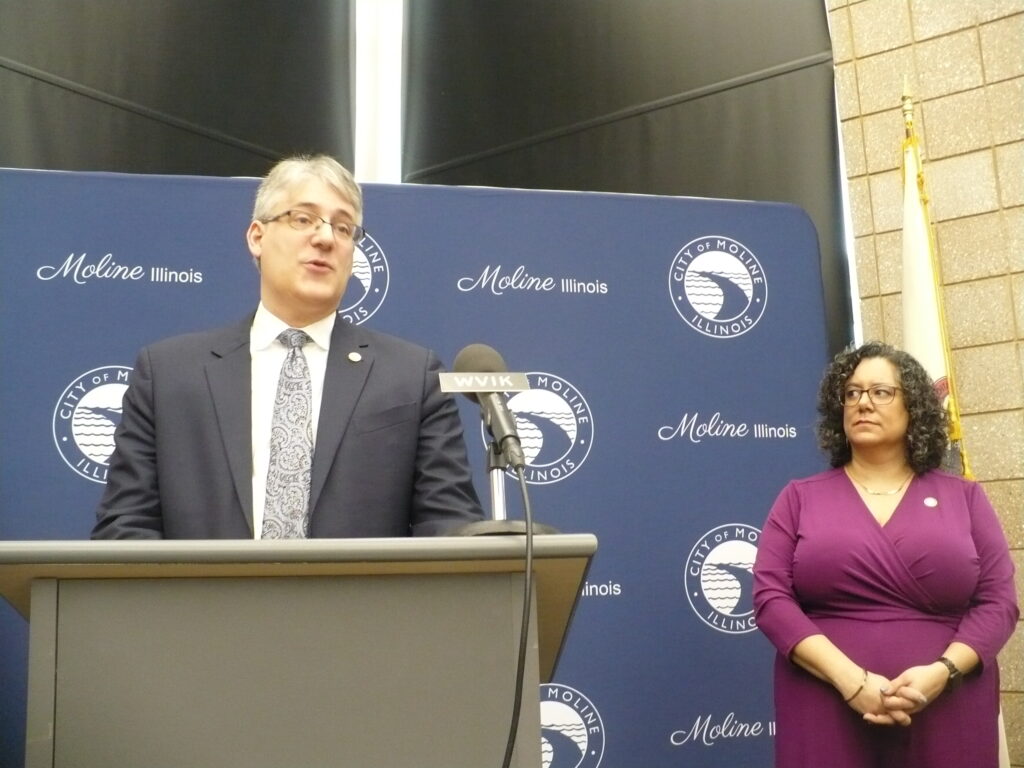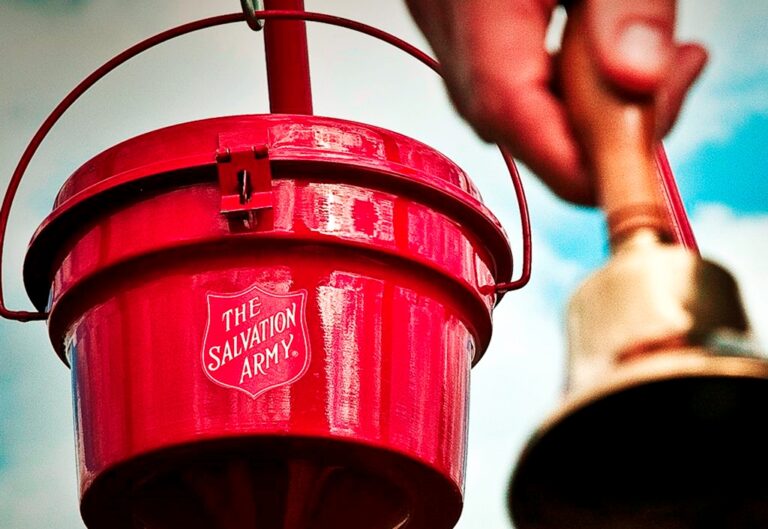Everyone knows that Chicago dominates the political climate in Illinois. That puts downstate priorities, which often don’t align with Chicago’s, at a disadvantage.
But sometimes this dichotomy creates opportunities like what we are seeing with the long-coveted passenger rail connection to Moline from Chicago.
Chicago is currently seeking to bail out its struggling transit agencies – raising questions about how transportation funding priorities will be set.
According to a Chicago CBS affiliate, the Regional Transportation Authority (RTA) recently pitched its plan to save public transit in Illinois – and it could cost passengers more money.
The agency said the Chicago Transit Authority, Metra, and Pace suburban buses — all of which the RTA oversees finances, secures funding, and conducts transit planning — will face a $770 million budget deficit and potentially drastic service cuts next year.
To pay for it all, the RTA proposes increasing fares by 10%, with an additional $1.5 billion coming from lawmakers in Springfield.
Why would downstate politicians support this bailout when much of Chicago’s financial woes are a result of its own mismanagement and lack of financial discipline? To be clear, they blame the economic woes of that transit system on low ridership and running out of COVID-19 rescue funds.
One solution would be as part of the RTA bailout to include connecting passenger rail between Moline and Chicago, which would provide an economic boost to the entire Quad Cities and could become a catalyst for possible rail service across Iowa.
The Quad Cities Chamber, state lawmakers and local leaders are pushing this “now or never” moment and encouraging stakeholders to help.
“We believe the only way downstate communities can reasonably support Chicago’s request for funding is with the inclusion of that funding plan to support downstate projects and lines,” Chamber President and CEO Peter Tokar III said during a news conference with local media, including the QCBJ. “We are calling for the state to invest everywhere in Illinois – including the Chicago-Moline direct rail connection. With federal funds set to sunset in 2026, we are at a critical junction point.”
At the same event on Monday, March 3, Illinois State Sen. Mike Halpin, D-Rock Island, added: “I know it’s been such a long time, and I know that there have been lots of folks out there that have somewhat given up hope. But these types of programs, these types of visions take many years to come to fruition and once it is done, the Quad Cities community will be greater for it. I’m excited to be a part of this.”
Mr. Halpin is right. Big transportation investment projects take time and persistence. Just think about the Interstate 74 Bridge and how long that took to complete.
Now might just be the time to get this passenger rail project off the ground.







